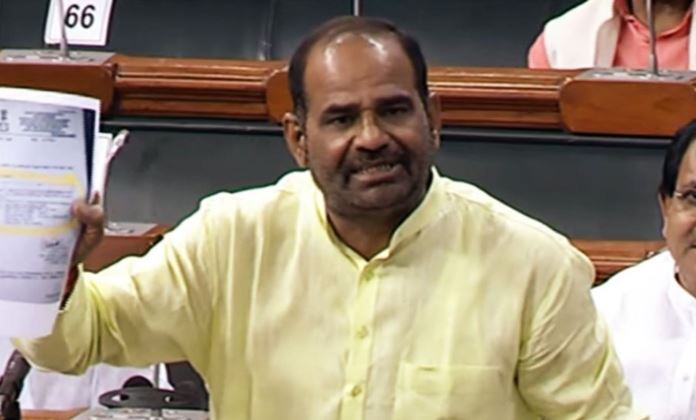Parliament, often referred to as the “temple of democracy,” is a sacred space where elected representatives come together to deliberate and make decisions on behalf of the nation. It is a place where restraint, decorum, and respect for democratic values are expected to prevail. However, recent events in the Indian Parliament have raised concerns about the conduct of some Members of Parliament (MPs), who have crossed the line with their words and actions.
BJP MP Ramesh Bidhudi’s Controversial Remarks:
In a shocking incident, Delhi BJP MP Ramesh Bidhudi displayed a lack of decorum and restraint during a debate in the Lok Sabha. His abusive language and derogatory comments targeted BSP MP Kunwar Danish Ali, tarnishing the sanctity of the parliamentary proceedings. This incident has not only drawn public outrage but has also brought shame to the institution of democracy.
Bidhudi’s Remarks and Backlash:
Ramesh Bidhudi’s derogatory remarks in Parliament, coupled with his arrogant attitude, have sparked widespread condemnation. People from all walks of life are expressing their anger at his behavior. Bidhudi even declared in Parliament that they have “failed,” indicating a complete disregard for the principles of parliamentary decorum. However, the media’s criticism seems to have silenced him, as he now responds to their questions with a terse “NO COMMENT.”
Demand for Action:
BSP MP Kunwar Danish Ali wasted no time in responding to Bidhudi’s unacceptable behavior. He has written a letter to Lok Sabha Speaker Om Birla, requesting that Bidhudi’s case be referred to the Privileges Committee. This move highlights the seriousness of the matter and the need for accountability.
Understanding Parliamentary Privilege:
Parliamentary privilege is a fundamental aspect of the democratic process. It grants MPs certain rights and immunities to ensure they can fulfill their roles without fear of legal repercussions. However, it is not a license to abuse, insult, or demean fellow MPs or the institution itself.
Actions Against Breach of Privilege:
When a breach of privilege occurs, there is a defined process for addressing it:
A motion for breach of privilege is presented under Rule 227.
A member of the House can bring a motion against another member.
The motion for breach of privilege requires the approval of the Speaker.
The Committee on Privileges scrutinizes the case after approval.
The Committee submits a report to Parliament after its inquiry.
Following the report, the House ratifies the committee’s decision.
If found guilty, the member may be suspended.
Past Instances of Privilege Violations:
History bears witness to instances of privilege violations. Former Prime Minister Indira Gandhi faced breach of privilege charges during her tenure, based on the Justice Shah Commission report regarding activities during the Emergency. Chaudhary Charan Singh moved a motion against her, resulting in her temporary expulsion from Parliament.
Similarly, in 1976, Subramaniam Swamy faced a breach of privilege motion in the Rajya Sabha for alleged anti-national activities. Swamy was eventually expelled from the House.
The recent incident involving Ramesh Bidhudi serves as a reminder that the sanctity of the “temple of democracy” must be preserved. While parliamentary privilege is essential, it should not be used as a shield for inappropriate behavior. Parliamentary proceedings must always uphold the principles of decorum, respect, and accountability, as they are the foundation of a healthy democracy.


